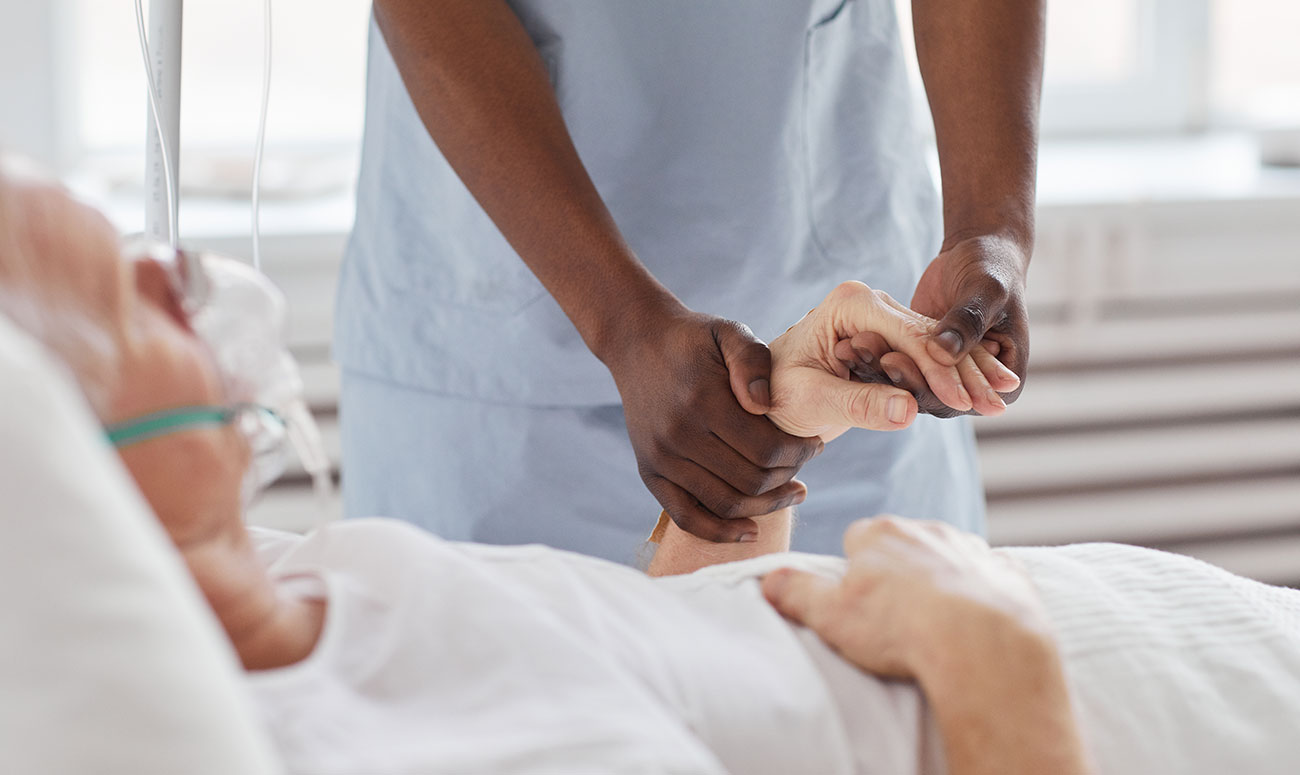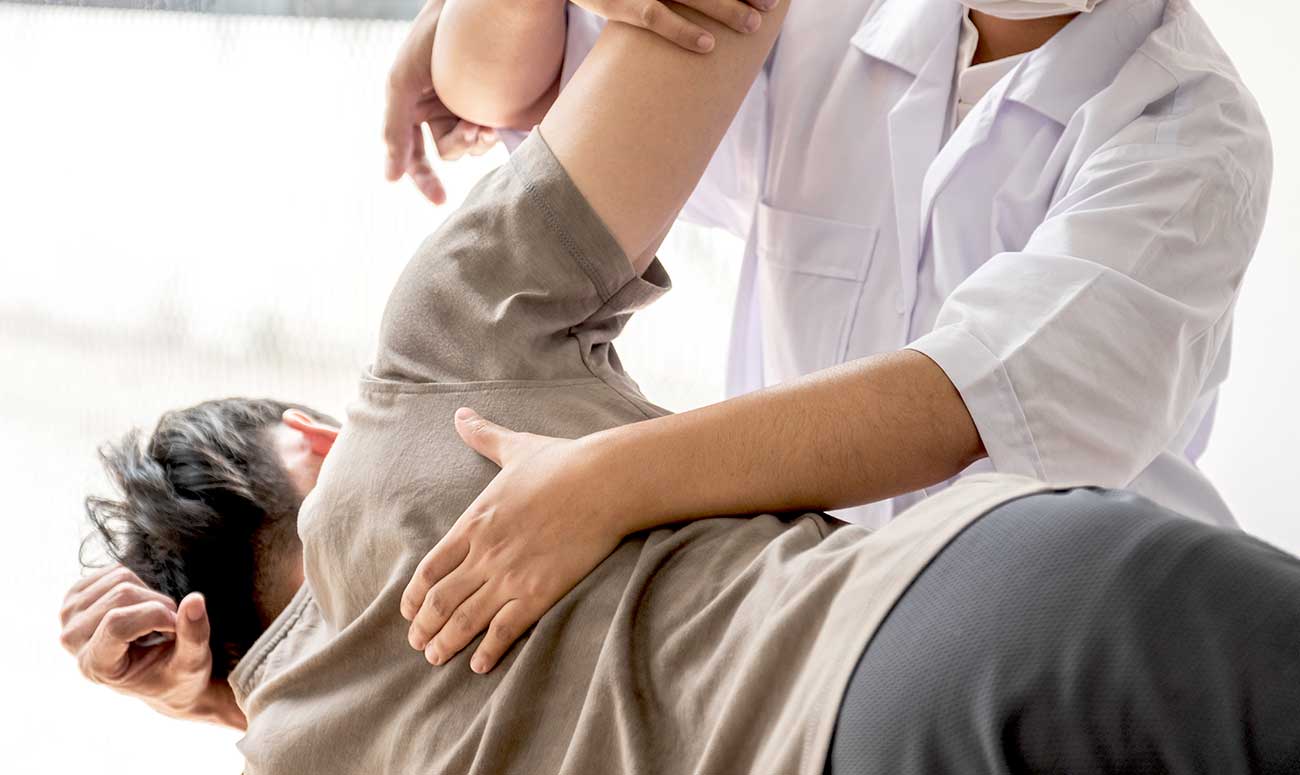According to Richard ‘Rick’ Harrison, attitude makes all the difference. After spending 30 years in the healthcare field, attitude is what he thinks is the key to success.
“In my 30 years there wasn’t one day that I woke up and said ‘I’ve got to go to work’,” Harrison said. “I always felt like I get to go to work. If you have that kind of attitude, it’s not work.”
Harrison was born in Antioch, Calif., in 1944. After graduating from high school in 1962, he joined the Navy hoping to prepare for a career in healthcare. For training, Harrison was sent to Balboa Naval Medical Center, where he spent six weeks studying trauma videos and healthcare techniques.
Ultimately, he spent his naval career as a cook on the U.S.S. Hornet, based in Long Beach, Calif. But Harrison never lost sight of his desire to help others.
After his service ended, Harrison spent time working in carpentry as a sheetrock installer in Washington and a barber while raising two children with his wife. When he suffered a knee injury, he decided it was time to pursue his dream of becoming a nurse.
In 1978 he began nursing school through a partnership program between Yakima Valley College and Central Washington University. The satellite option allowed Harrison to study on CWU’s Ellensburg Campus.
Studying in a female-dominated field, Harrison credits the support of his favorite instructor, Phyllis Thayer, and his wife with keeping him on track.
“There weren’t too many male students studying to work in the field in the late 70s. I faced criticism and struggled with being out of school for so long.”
– Richard Harrison
“I had one instructor who said ‘the best place for male nurses is in the military’,” Harrison recalled. “This comment and others like it hurt me deeply. But Thayer looked at me and said, ‘I see your desire to do this and you should keep at it.’ This support gave me the motivation to continue.”
After earning his associate degree in nursing, Harrison and his family moved to Anchorage, Alaska, to live with his uncle while he pursued a bachelor’s degree at the University of Alaska Anchorage. After earning his license, he began working in a care facility for disabled children.
When his wife and children decided to move back to Washington he took a brief break from nursing before moving back to California, where he took a job in the emergency room at Delta Memorial Hospital in Antioch.
“I found my love in the ER,” stated Harrison. “I enjoyed the pace and how every day there was something different.”

He ended his career at the Department of Corrections where he worked as a nurse at Bakersfield Prison until an additional knee injury forced him into early retirement.
Harrison encourages students just starting out in nursing to be certain about their passion.
“Make sure this is what you want. Make sure you have the desire to do this kind of work. And always be there for the patients. If it means going out your way, go out of your way. It’s not a 9-5 job. In your mind it’s a 24-hour job, even when you are not there. Take that feeling and care you have in there, when you leave take [it] with you. So, you can share the same feelings out [in the world]” continued Harrison.
Now in his golden years, Harrison hopes that his career and life’s work made an impact on others.
“[I] hope that what I did was enough for [my patients]. I hope they remember me with nice thoughts. This field was the best in the world for me. I hope I did everything that they needed and that I was a comfort to them.”
When he is gone he hopes to continue to help inspire medical students through the University of Washington Medical School’s Willed Body Program.
